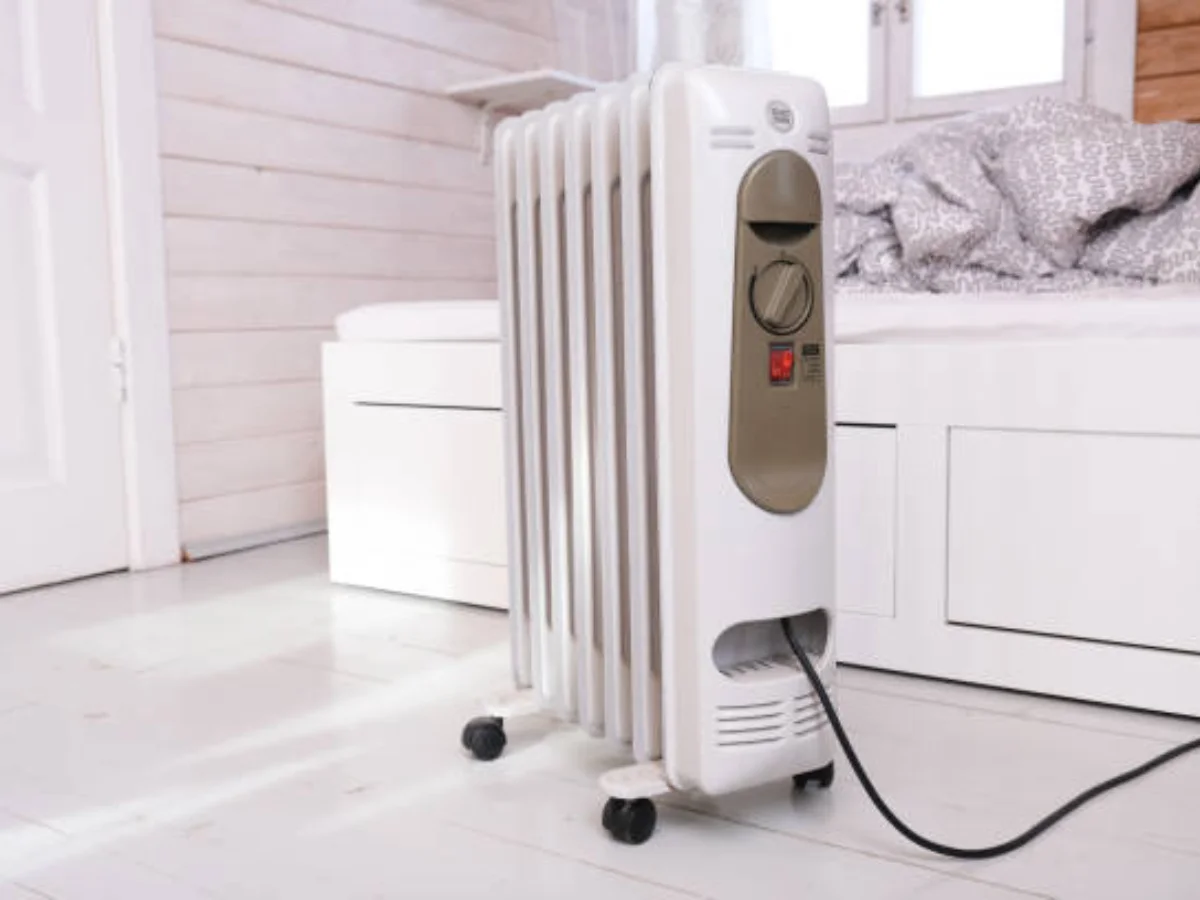Electric water heaters have become a common appliance in households across the world, providing us with warm showers and hot water for various purposes. But amidst the convenience they offer, there’s a persistent question that lingers in the minds of many: Do electric water heaters produce carbon monoxide (CO)? In this article, we will delve into the intricacies of electric water heaters and uncover the truth about carbon monoxide emissions.
1. Introduction
Electric water heaters are essential for modern living, providing a reliable source of hot water. However, there have been concerns about the potential dangers associated with these appliances. Let’s explore the facts surrounding electric water heaters and carbon monoxide.
2. Understanding Electric Water Heaters
Electric water heaters work by heating water using electricity. They consist of heating elements that warm the water stored in a tank, ensuring a steady supply of hot water when needed. These heaters are known for their efficiency and ease of use.
3. The Carbon Monoxide Conundrum
One of the key advantages of electric water heaters is their safety profile. Unlike gas water heaters, which burn natural gas or propane and can produce carbon monoxide as a byproduct, electric water heaters do not burn any fuel. This fundamental difference means that electric water heaters do not produce carbon monoxide during operation.
Carbon monoxide is a colorless, odorless gas that can be lethal if inhaled in high concentrations. Gas-powered appliances, if not properly maintained or ventilated, can potentially lead to carbon monoxide buildup. This is not a concern with electric water heaters, making them a safer choice for many households.
4. Safety Measures
While electric water heaters are generally safe from carbon monoxide emissions, it’s essential to follow safety guidelines:
- Ensure proper installation by a qualified technician.
- Regularly inspect the heater for any signs of damage or wear.
- Maintain adequate ventilation in the utility room or space where the heater is installed.
- Install carbon monoxide detectors in your home, especially if you have other gas appliances.
5. Conclusion
In conclusion, electric water heaters do not produce carbon monoxide. They are a safe and efficient way to provide hot water for your household needs. However, it’s crucial to remain vigilant about safety measures and the proper installation of any water heating system to ensure the well-being of your family.
6. FAQs
1. Can an electric water heater emit any harmful gases?
- No, electric water heaters do not emit harmful gases like carbon monoxide during their operation.
2. Do I need a carbon monoxide detector for an electric water heater?
- While electric water heaters themselves do not produce carbon monoxide, it’s a good practice to have carbon monoxide detectors in your home if you have other gas appliances or heating systems.
3. Are there any risks associated with electric water heaters?
- Electric water heaters are generally safe, but like all appliances, they should be properly maintained and installed to prevent any potential hazards.
4. What should I do if I suspect a carbon monoxide leak?
- If you suspect a carbon monoxide leak, leave your home immediately and call emergency services. Do not re-enter your home until it has been declared safe by professionals.
5. Are there any alternatives to electric water heaters?
- Yes, there are alternatives such as gas, propane, and solar water heaters. The choice depends on your energy source preferences and specific needs. Read more: https://lookupin.co.uk/
